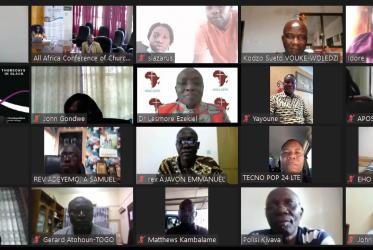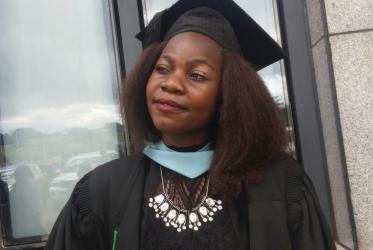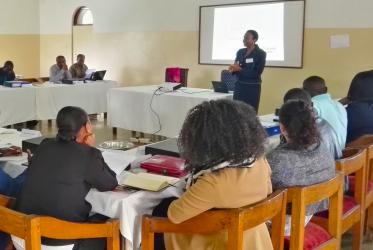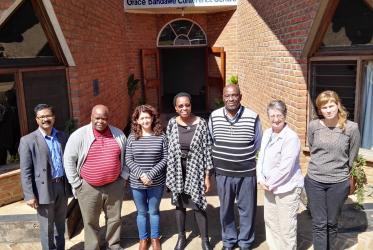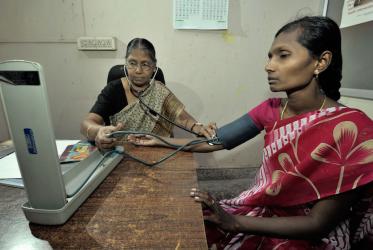Displaying 1 - 20 of 26
29 March 2023
Young Africans are eager to grapple with challenges
09 January 2020
BBC radio shows in Scotland highlight gender justice, WCC leaders
27 November 2018
EKD delegation, other visitors grace WCC
26 October 2018
“Good healthcare a right, not a privilege,” says WCC-EAA
11 October 2017
African youth takes stand at first ever WCC Eco-School
03 August 2017
“Do you know where to search for your lost child?”
18 July 2017
Applications open for WCC Eco-School
10 May 2017
“It’s time to be brave, to form diverse partnerships”
02 March 2017
“Health and healing for all people, that is the challenge”
28 February 2017

